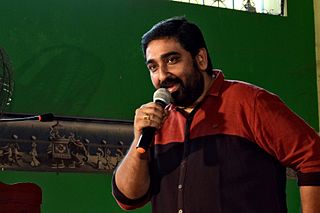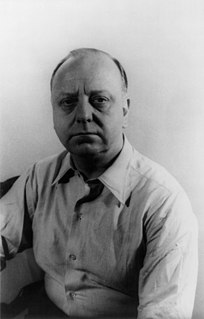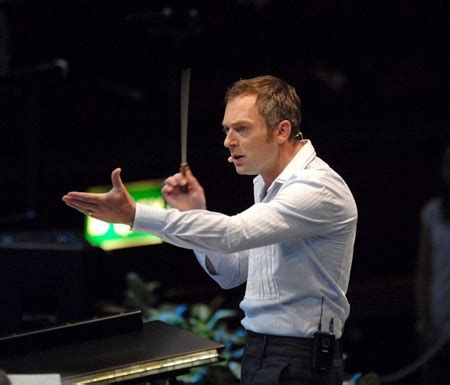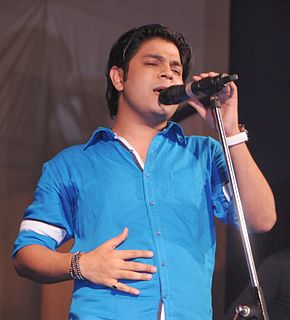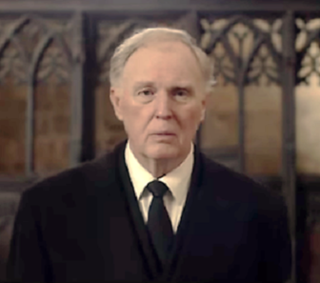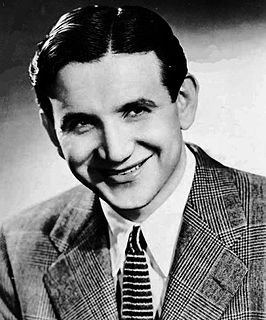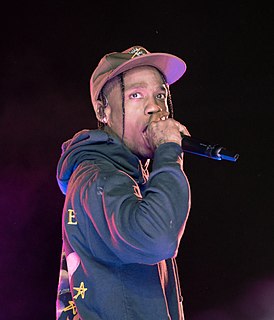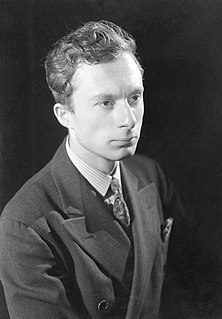A Quote by M. Jayachandran
Ramesh Vinayakam is a maestro music composer and a dear friend, too.
Related Quotes
The weird thing is that 'Maestro' has somehow improved my DJing. When you've been in this music as long as I've been, you can sometimes become jaded. And when I got back from 'Maestro,' I realised the music is being kept in time for me - all I have to do is to wrap as much dynamic around it as I can. DJs don't realise how lucky we are.
I listen to the summer symphony outside my window. Truthfully, it's not a symphony at all. There's no tune, no melody, only the same notes over and over. Chirps and tweets and trills and burples. It's as if the insect orchestra is forever tuning its instruments, forever waiting for the maestro to tap his baton and bring them to order. I, for one, hope the maestro never comes. I love the music mess of it.
Perhaps within the next hundred years, science will perfect a process of thought transference from composer to listener. The composer will sit alone on the concert stage and merely 'think' his idealized conception of his music. Instead of recordings of actual music sound, recordings will carry the brainwaves of the composer directly to the mind of the listener.
Perhaps the chief requirement of [the conductor] is that he be humble before the composer; that he never interpose himself between the music and the audience; that all his efforts, however strenuous or glamorous, be made in the service of the composer's meaning - the music itself, which, after all, is the whole reason for the conductor's existence.
My pieces usually are programmed on concerts in which the other works are standard repertoire. My music always sounds very different when it's on a concert of all contemporary music. It always seems to stick out at an odd angle. This also makes me think of a question I sometimes debate with my friends: does the music of a composer directly reflect that composer's personality? This is a difficult one, but I think it usually does.
When I'm writing a play I hear it like music. I use the same indications that a composer does for duration. There's a difference, I tell my students, between a semi-colon and a period. A difference in duration. And we have all these wonderful things, we use commas and underlining and all the wonderful punctuation things we can use in the same way a composer uses them in music. And we can indicate, as specifically as a composer, the way we want our piece to sound.
